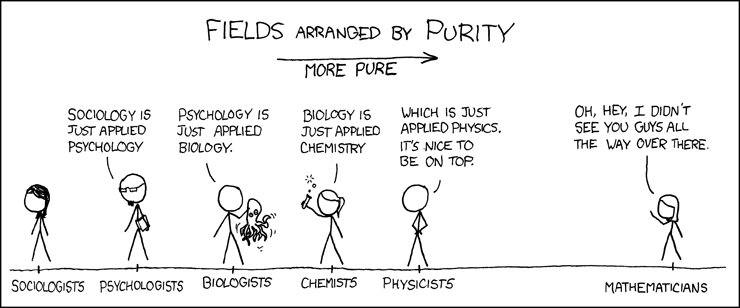Caught on NPR's Weekend Edition Saturday on 7 June, in a story by Wendy Kaufman on weightlifter Melanie Roach that had a section on the autism of Roach's son Drew:
(1:ex) Roach hopes that by talking about Drew’s autism, it will spur more research and assistance for families affected by it.
I've put the relevant clause in bold face. This clause has the form
(1:form) by VP1ing, it VP2
which is characterized by some composition teachers as "wordy". Some would criticize it as "vague" as well, because the anaphoric pronoun it has no noun antecedent (recall our earlier discussion of "vague" pronouns on Language Log, here, here, and here); instead, it refers to the action or event that VP1 denotes. In any case, using (1:form) to convey this meaning is non-standard.
The usual suggested fix is to compact the clause into a simple subject-predicate clause, of the form
(2:form) VP1ing VP2
(with VP1ing now a "nominal gerund", serving as subject; in (1), it's a predicate in a subjectless predicational adjunct). In the case at hand, the fix for the original would be:
(2:ex) Roach hopes that talking about Drew's autism will spur more research and assistance for families affected by it.
This is entirely standard, but it doesn't, I think, get the effect that people who use the construction in (1) are trying to get with it — which is to mark some discourse referent as topical in the discourse (in the by-adjunct) and then say something about it (in the main clause). That is, this "by-topicalization" construction explicitly separates "discourse topicality" and "sentence topic", while these two statuses are fused in the subject in (2).
Read the rest of this entry »

 A sample of today's
A sample of today's 